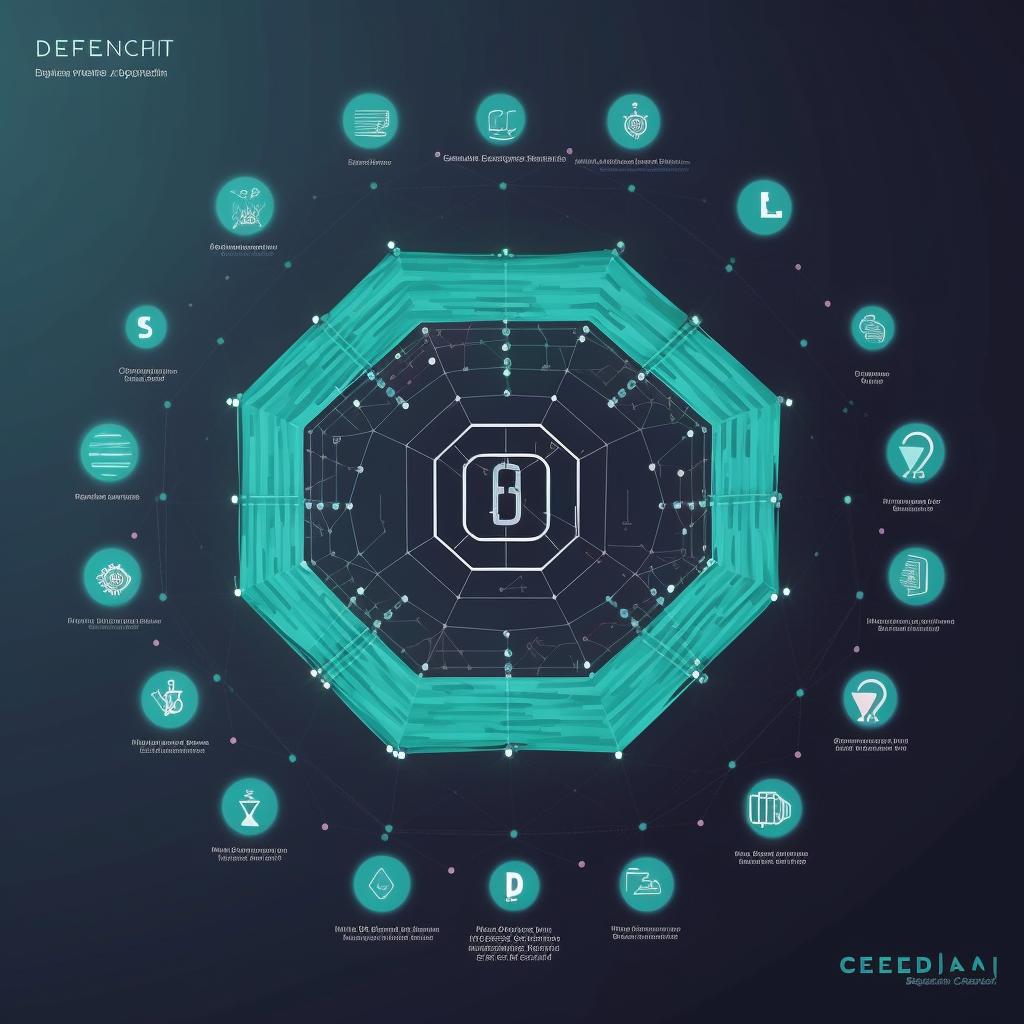blockchain A Comprehensive Guide to DeFi: Advantages, Disadvantages, and Caveats
23-04-05
본문
Understanding the Pros and Cons of Decentralized Finance
Decentralized Finance (DeFi) has emerged as a groundbreaking innovation in the world of cryptocurrency, reshaping the financial landscape and offering an alternative to traditional banking services. Built on blockchain technology, DeFi enables users to access financial services without relying on central authorities such as banks or governments. In this comprehensive guide, we will explore the advantages, disadvantages, and caveats associated with DeFi, along with real-life examples to provide a well-rounded understanding of this revolu
tionary financial system.
Decentralized Finance (DeFi) is a term referring to the utilization of blockchain technology to facilitate financial transactions without intermediaries like banks or governments. DeFi platforms enable users to perform various financial activities, including lending, borrowing, trading assets, and making payments, all without the involvement of traditional financial institutions. The popularity of DeFi has grown exponentially due to its low transaction costs, speed, and increased accessibility.
1) Advantages of DeFis
- Access to Financial Services:
DeFi democratizes access to financial services, enabling users to engage in lending, borrowing, trading, and more without traditional financial institutions' high fees. For instance, platforms like Aave and Compound allow users to lend and borrow cryptocurrencies with reduced fees and more flexible terms than banks.
- Security and Immutability:
DeFi transactions are facilitated through blockchain technology, ensuring secure and immutable records. The decentralized nature of the technology makes it difficult for hackers to compromise or manipulate transactions, providing an additional layer of security.
- User Autonomy:
DeFi platforms grant users complete control over their finances, empowering them to manage their assets without interference from central authorities. This autonomy fosters financial inclusion and helps users make more informed financial decisions.
2) Disadvantages of DeFis
- Slower Transactions:
DeFi transactions require computing power for processing, which can result in slower transaction speeds compared to traditional methods. As the DeFi ecosystem grows, scalability issues may arise, potentially causing congestion and delays on the network.
- Limited Protection:
The absence of a central authority in DeFi systems can lead to less protection against fraud or malicious activities. Users must rely on their diligence and the reputation of platforms to minimize risks.
- Volatility:
Cryptocurrencies are inherently volatile, with their value susceptible to rapid fluctuations. Users must carefully manage their assets to avoid losses stemming from market volatility.
3) Caveats and Precautions
- Risk Awareness:
Before investing in DeFi, users must be fully aware of the risks associated with cryptocurrency volatility. Developing a risk management strategy and staying informed about market trends can help mitigate potential losses.
- Platform Reputation:
To ensure safety when using DeFi services, users should opt for reputable providers that have been thoroughly vetted by the community. Platforms such as Uniswap, MakerDAO, and Synthetix have established themselves as trustworthy DeFi service providers.
- Due Diligence:
Users must exercise caution and conduct thorough research before engaging with DeFi platforms, understanding the underlying technology and the platform's security measures to minimize risks.
Conclusion
DeFi has emerged as a game-changer in the financial industry, offering users increased accessibility, security, and autonomy in managing their assets. However, users must also be aware of the disadvantages and potential risks associated with DeFi, including slower transaction speeds, limited protection, and market volatility. By understanding the advantages, disadvantages, and caveats of DeFi, users can make informed decisions and capitalize on the benefits offered by this innovative financial system.



